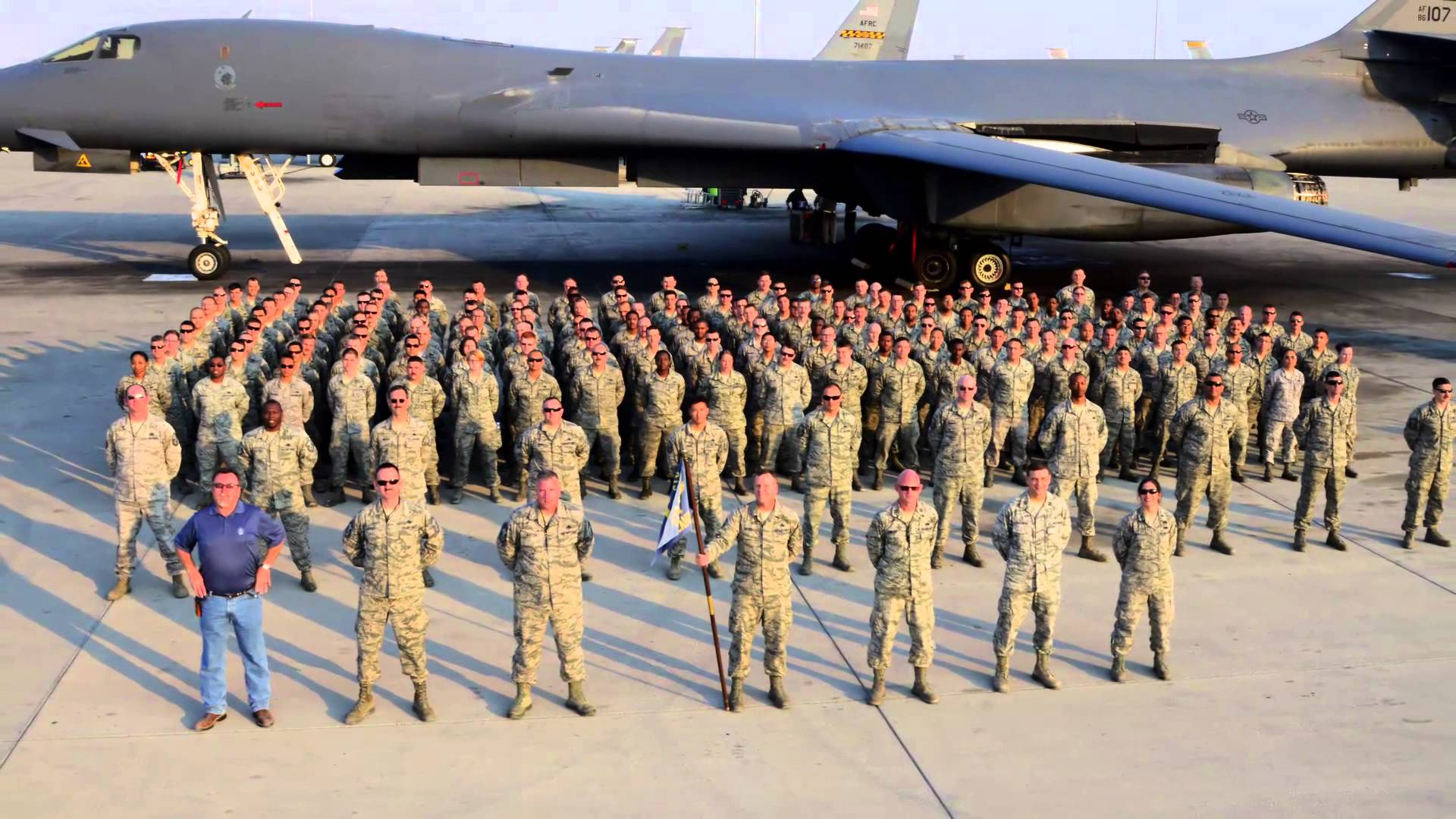Special to WorldTribune.com
 By Donald Kirk
By Donald Kirk
WASHINGTON ― We hear so often about tight U.S. relations with Saudi Arabia that we forget the Saudis kicked out the last U.S. troops in the early 2000’s.
Seems they regarded the U.S. presence as an affront to Islam more than a decade after U.S. forces drove Saddam Hussein’s Iraqi army out of Kuwait and possibly saved Saudi Arabia from being overrun as well.
That’s just a detail in the convoluted, incomprehensible puzzle of the Middle East, but the withdrawal of U.S. forces from Saudi Arabia is particularly significant considering where they wound up.

Yes, the largest U.S. air base overseas is not at Kadena, on Okinawa, or at Osan, South Korea, but in Qatar, an oil-rich country of about 2.7 million people sticking out from the Arabian peninsula into the Persian Gulf.
How many Americans know that about 10,000 U.S. troops, plus several thousand civilians, are now in Qatar, almost all of them at Al Udeid Air Base in the desert southwest of the Qatar capital of Doha?
From there the U.S. air force directs operations all over the Middle East while warplanes and transports come and go on mysterious missions that have largely escaped the attention of the rest of the world.
That is, until a month or so ago. That’s when Saudi Arabia and two small but vital Persian Gulf satrapies, the United Arab Emirates and Bahrain, plus Egypt on the other side of the Arabian peninsula, abruptly broke relations with Qatar, cutting off all traffic, stopping commerce and banning people from coming and going.
The upshot was to throw U.S. defense and diplomatic officials into a tizzy. It was as though the Americans had been blindsided while waging off-again, on-again war from Afghanistan to northern Iraq to Syria.
The base in Doha in this caldron of conflict was of strategic importance to every American military mission in the region. No wonder the Americans responded with alarm to the ruckus not least because they were having trouble rationalizing the relationship with Qatar even to themselves.
Here’s why. The reason these four Arab states hate Qatar is they say the Qataris are harboring terrorists, aiding and abetting terrorism, allying with the Muslim Brotherhood and worse.
There is no doubt Qatar is trying to have everything all ways. Incredibly, the Qataris are on great terms with Iran, currently providing food and other supplies they once got from Saudi Arabia, while they put on a show of cooperation with the U.S.
It was against that background that Secretary of State Rex Tillerson, visiting Doha, has worked out an understanding that should be the envy of all those praying eventually for a deal with North Korea.
The deal calls on Qatar and the U.S. together to fight terrorism ― Qatar promising to cut off the flow of funds needed to keep terrorist groups alive. Money and security, of course, have had everything to do with the relationship.
The Qataris paid more than a billion dollars for construction of the U.S. air base in the late 1990s, and for a few years its existence was secret.
The U.S. is now pumping in hundreds of millions of dollars a year to make sure the base is one of America’s most powerful, modern facilities anywhere, while Qatar is forking over more than $10 billion a year for American weaponry, making Qatar a greater customer of U.S. military hardware than South Korea. Most recently, Qatar agreed on a $12 billion deal to buy U.S. F15’s, for which South Korea also is paying billions.
Most extraordinary, though, is how the US. maintains this relationship with Qatar in the face of Qatar’s relationship with Iran. While Iran sides with Russia and Syria, the U.S counts on its foothold in Qatar to stand up against, yes, Iran, Syria and Russia.
Ok, fighting in the Middle East is totally different from the holocaust threatened by North Korea, flaunting nukes and missiles while demanding the U.S. halt military cooperation with the South.
If Tillerson was able to come up with a deal with Qatar after secret negotiations that no one noticed, however, how about exercising similar skills with North Korea?
That analogy may seem more than a little absurd considering all the differences between the standoff on the Korean peninsula and the seething complexities of endless conflict in the Middle East. Still, at least it shows diplomacy can sometimes work.
Donald Kirk has covered war and peace from Northeast Asia to the Middle East for decades. He’s at kirkdon4343@gmail.com
